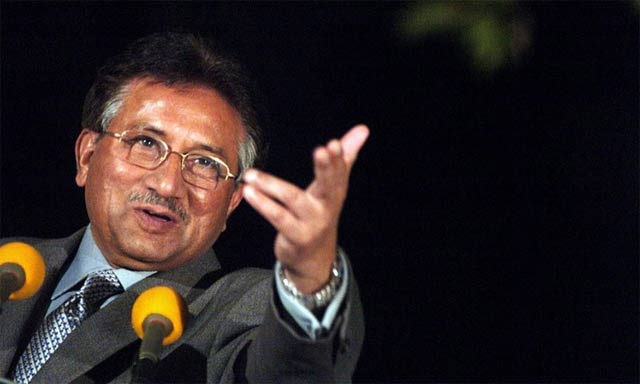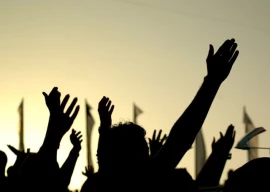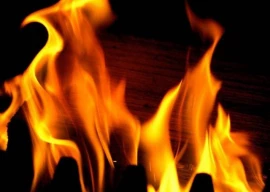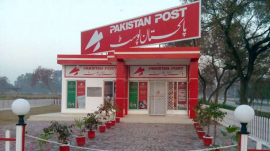
ATC-II judge Sohail Ikram directed Advocate Akhtar Shah to present his arguments on December 8.
When the case was taken up, the court observed that the counsel was representing the general at a special court trial. Musharraf was being tried under Article 6 of the Constitution and the ATC said the suspect had “become a fugitive of the law”. It now questioned whether the former president of the country could be defended in a court.
During the hearing, the judge referred to some videos and said the former president appeared to be medically fit to appear before a court. However, he would seek an exemption on medical grounds or security reasons whenever he was summoned.
Shah replied that doctors were checking his client after every two months, adding the security situation was also not favourable. In addition, the counsel contended that he could represent Musharraf under Article 10-A of the Constitution which states that due process is given to everyone.
Shah questioned Musharraf’s trial before an anti-terrorism court, saying the charges against him do not constitute as act or acts of terrorism. He therefore contended that the matter should be sent back to a district court.
To this, the judge said Shah should first answer the question raised over his representation in the case.
Previously, the counsel moved an application to challenge the trial before the ATC. He requested that the case be transferred to a sessions’ court.
However, the court remarked that legal provisions should be submitted to support the application, especially when the suspect has not been appearing for hearings.
In his arguments, Shah had maintained that Section 7 of the Anti-Terrorism Act (ATA) 1997 was inserted in the case on the orders of the Islamabad High Court. The lawyer continued that the charges were not proven during the course of the investigation.
He added no evidence in connection with these charges was presented by the investigators or the prosecution. While referring to an IHC order, the counsel said a division bench, comprising Justice Noorul Haq N Qureshi and Justice Riaz Ahmed Khan, said lawyers’ allegations cannot be considered evidence.
He recalled the bench granted bail to Musharraf in 2013 and argued that the previous cognisance was not “proper” and the court should take “fresh cognizance” in the case.
The judges’ detention case was registered by the Secretariat Police Station on Aug 11, 2009, on the complaint of Advocate Chaudhry Mohammad Aslam Ghumman who sought legal proceedings against the former military ruler. Musharraf confined 60 judges of the superior courts to their homes for over five months and restrained them from administering justice.
The judges, including former chief justice of Pakistan Iftikhar Muhammad Chaudhry, were detained a state of emergency was declared in the country.
Musharraf, who is facing a number of charges including the Abdul Rasheed Ghazi murder case, Benazir Bhutto murder case and high treason case, left for Dubai on March 18, just hours after the interior ministry issued a notification to remove his name from the Exit Control List.
Published in The Express Tribune, November 23rd, 2016.
1732762837-0/Taylor-(3)1732762837-0-405x300.webp)
















COMMENTS
Comments are moderated and generally will be posted if they are on-topic and not abusive.
For more information, please see our Comments FAQ